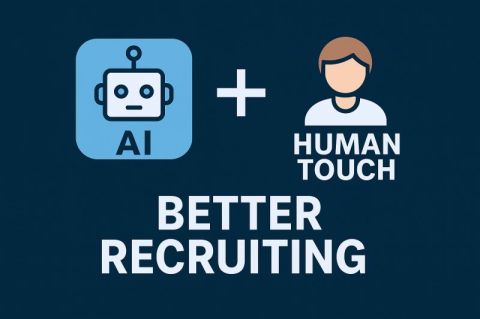What Is ERP? A Simple Guide for SMBs — and the Best Solutions for Growing Businesses
As small and medium-sized businesses (SMBs) grow, they sometimes struggle to manage operations with their current tools. Enterprise resource planning (ERP) is the solution, since it integrates all company operations for easy viewing and management. To scale modern SMBs and aid their digital transformation, ERPs are a valuable investment.









